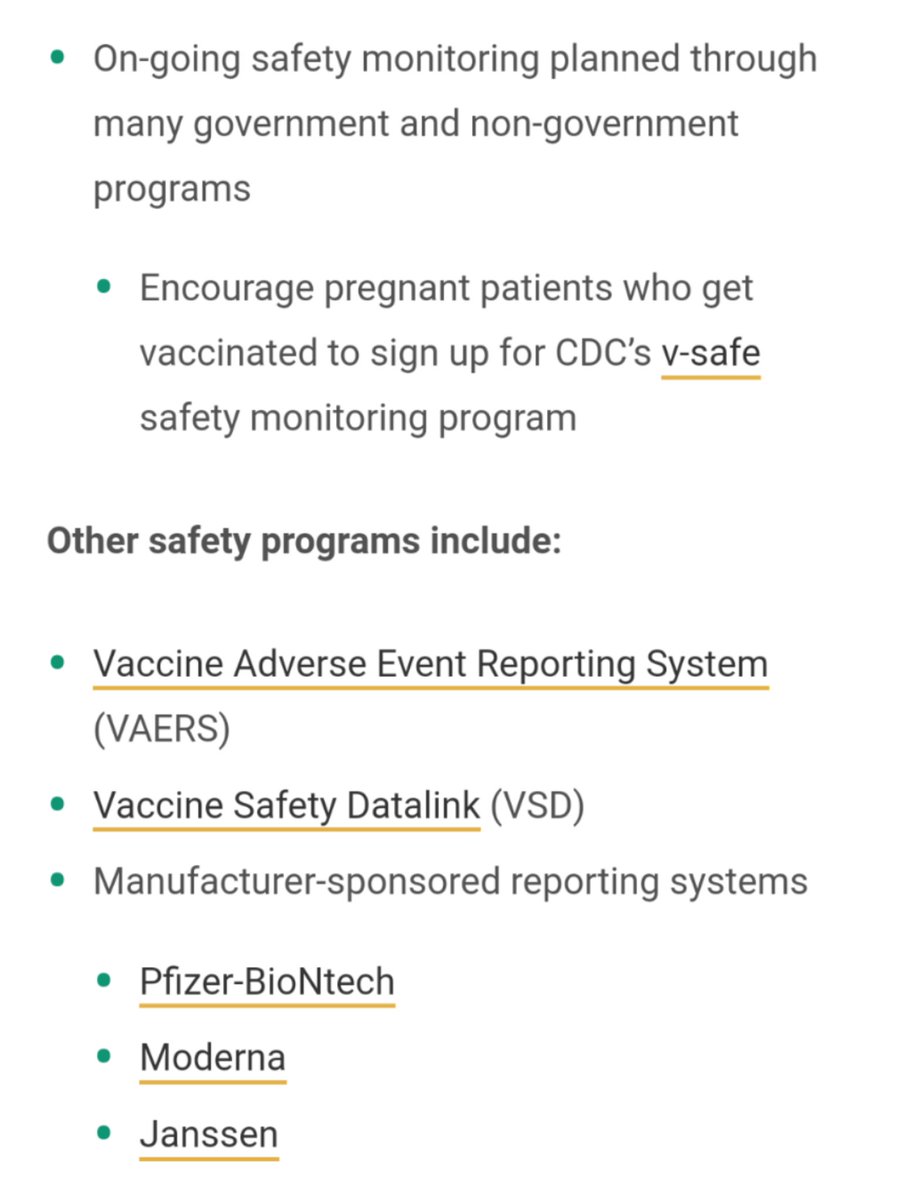
Rapid sequence intubation (RSI) is an airway management technique that produces inducing immediate unresponsiveness (induction agent) and muscular relaxation (neuromuscular blocking agent) & is the fastest & most effective means of controlling the emergency airway.
RSI is particularly useful in the patient with an intact gag reflex, a “full” stomach, and a life threatening injury or illness requiring immediate airway control
Some people also call this as "Drug assisted Intubation"
Some people also call this as "Drug assisted Intubation"
‘modified’ RSI is a term sometimes used to describe variations on the ‘classic’ RSI approach (e.g. ventilation during apnea, titration of induction agents);
modified approaches tend to trade an increased risk of aspiration for other benefits (e.g. prevent respiratory acidosis due to apnea from compounding severe metabolic acidosis)
INDICATIONS FOR INTUBATION AND MECHANICAL VENTILATION
A – airway protection and patency
B – respiratory failure (hypercapnic or hypoxic), increase FRC, decrease WOB, secretion management/ pulmonary toilet, to facilitate bronchoscopy
A – airway protection and patency
B – respiratory failure (hypercapnic or hypoxic), increase FRC, decrease WOB, secretion management/ pulmonary toilet, to facilitate bronchoscopy
C – minimise oxygen consumption and optimize oxygen delivery (e.g. sepsis)
D – unresponsive to pain, terminate seizure, prevent secondary brain injury
E — temperature control (e.g. serotonin syndrome)
D – unresponsive to pain, terminate seizure, prevent secondary brain injury
E — temperature control (e.g. serotonin syndrome)
F — For humanitarian reasons (e.g. procedures) and for safety during transport (e.g. psychosis)
The decision to perform RSI in the ‘out of theatre’ setting involves weighing the pros and cons.
PROCESS OF RSI
Remembered as the 9Ps:
Plan
Preparation (drugs, equipment, people, place)
Protect the cervical spine
Positioning (some do this after paralysis and induction)
Preoxygenation
Pretreatment (optional; e.g. atropine, fentanyl and lignocaine)
Paralysis and Induction
Remembered as the 9Ps:
Plan
Preparation (drugs, equipment, people, place)
Protect the cervical spine
Positioning (some do this after paralysis and induction)
Preoxygenation
Pretreatment (optional; e.g. atropine, fentanyl and lignocaine)
Paralysis and Induction
Placement with proof
Postintubation management
Some add a 10th P for (cricoid) pressure after pretreatment but this procedure is optional and has many drawbacks
Here is a possible sequence flowchart
Postintubation management
Some add a 10th P for (cricoid) pressure after pretreatment but this procedure is optional and has many drawbacks
Here is a possible sequence flowchart

Sedation first followed by paralysis
ALWAYS!!
Patient must be kept comfortable at all times
ALWAYS!!
Patient must be kept comfortable at all times
• • •
Missing some Tweet in this thread? You can try to
force a refresh












